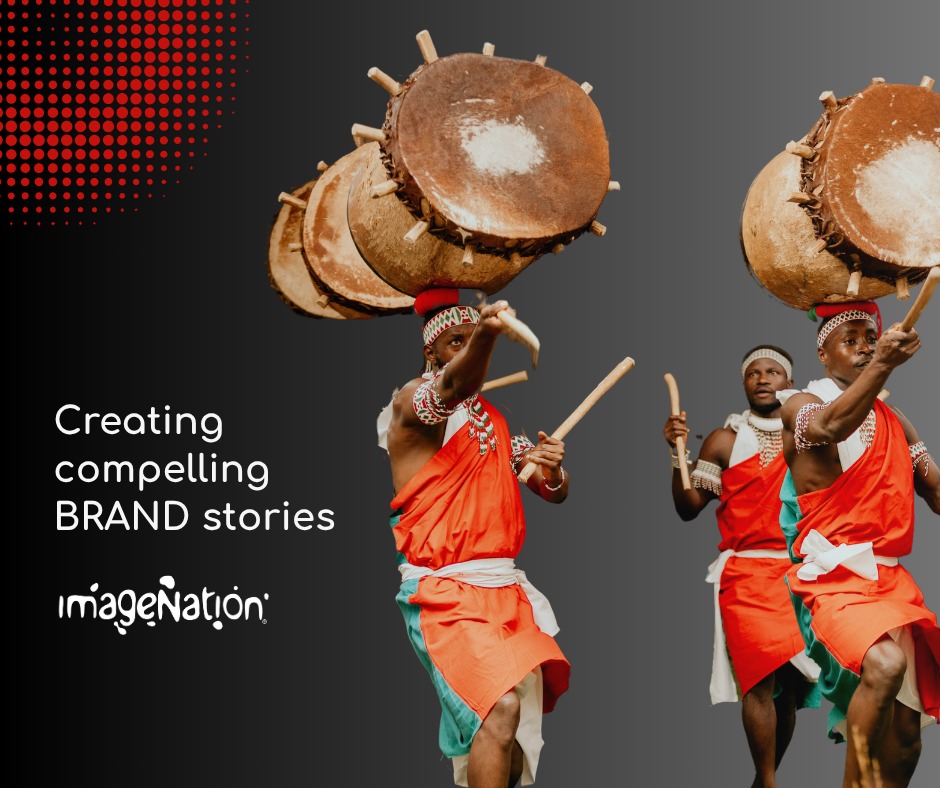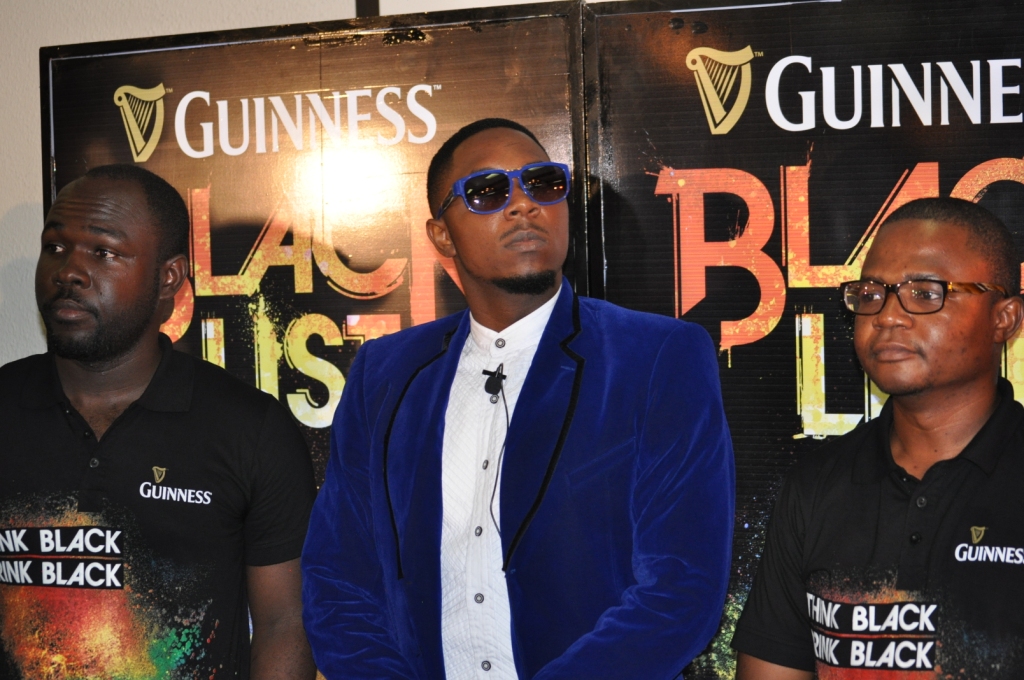
Creating Compelling Brand Stories That Resonate with African Audiences
Tic Tac, the digital age clock is ticking, and storytelling has become the heartbeat of brand identity. However, to truly resonate with African audiences—especially in culturally rich countries like Cameroon—brands must move beyond generic narratives and embrace context-driven stories that reflect people’s lived realities.
Why Storytelling Matters in the African Context
What is storytelling?

According to Product Marketing Alliance, storytelling is a process used by product marketers to communicate a message to their audience, via the combination of fact and narrative.
While many organizations use stories based on fact, others combine fiction and improvisation to drive home the key components of their brand’s core message.
Storytelling in the African Context
Africans, in general, are guided by values of community and culture, and audiences are very emotionally intuitive. Storytelling has always been a way to pass down values, preserve history, and create identity. Brands that tap into this heritage and tell stories reflecting shared experiences earn attention and loyalty.
The Power of Local Connection: The Case of Guinness Cameroon
Take, for example, Guinness Cameroon. Although Guinness a global brand, the brand in Cameroon decided to not just position itself as just another imported beverage, the brand reimagined its messaging to celebrate the strength, resilience, and pride of the Cameroonian spirit.

Starting from signing Stanley Enow as its Made of Black ambassador (using a local voice) the entire “Made of Black,” campaign over the years has focused on highlighting bold individuals who embody originality and determination—traits admired across Cameroon’s youth population. By showcasing local influencers and using Pidgin English in subtle ways, Guinness created a story not about a product, but about identity. It didn’t just sell beer; it sold a sense of belonging.
Key Lessons for Brands Targeting African Audiences
1. Root Stories in Real Life: Highlight community struggles, triumphs, or traditions. Stories that reflect real moments—like market life, local sports, or village-to-city transitions—connect deeply.
2. Celebrate Local Heroes: Africans in general connect with people who look and live like them. Feature everyday heroes—farmers, seamstresses, techies—not just celebrities.
3. Use Local Languages and Symbols: Incorporating languages like Fulfulde, Ewondo, or even Cameroonian “francanglais” or Pidgin adds authenticity and makes audiences feel seen.
4. Don’t Just Sell, Inspire: Whether it’s a telecom brand empowering women with digital tools or a skincare company celebrating melanin, it’s important to tell the story of those behind achieving the final product. the most compelling stories ignite pride, purpose, and progress.
Successful brands don’t just talk—they listen, reflect, and belong. Storytelling isn’t just a marketing tool; it’s a bridge. When done right, it transforms a product into a movement and consumers into communities.
Ready to craft stories that move hearts and drive impact in Africa? Three things to start with: 1. Culture, 2. Truth and 3. Respect. That’s how stories stick—and sell.
Article by: Velveeta Viban
Need a one-on-one class on storytelling?
